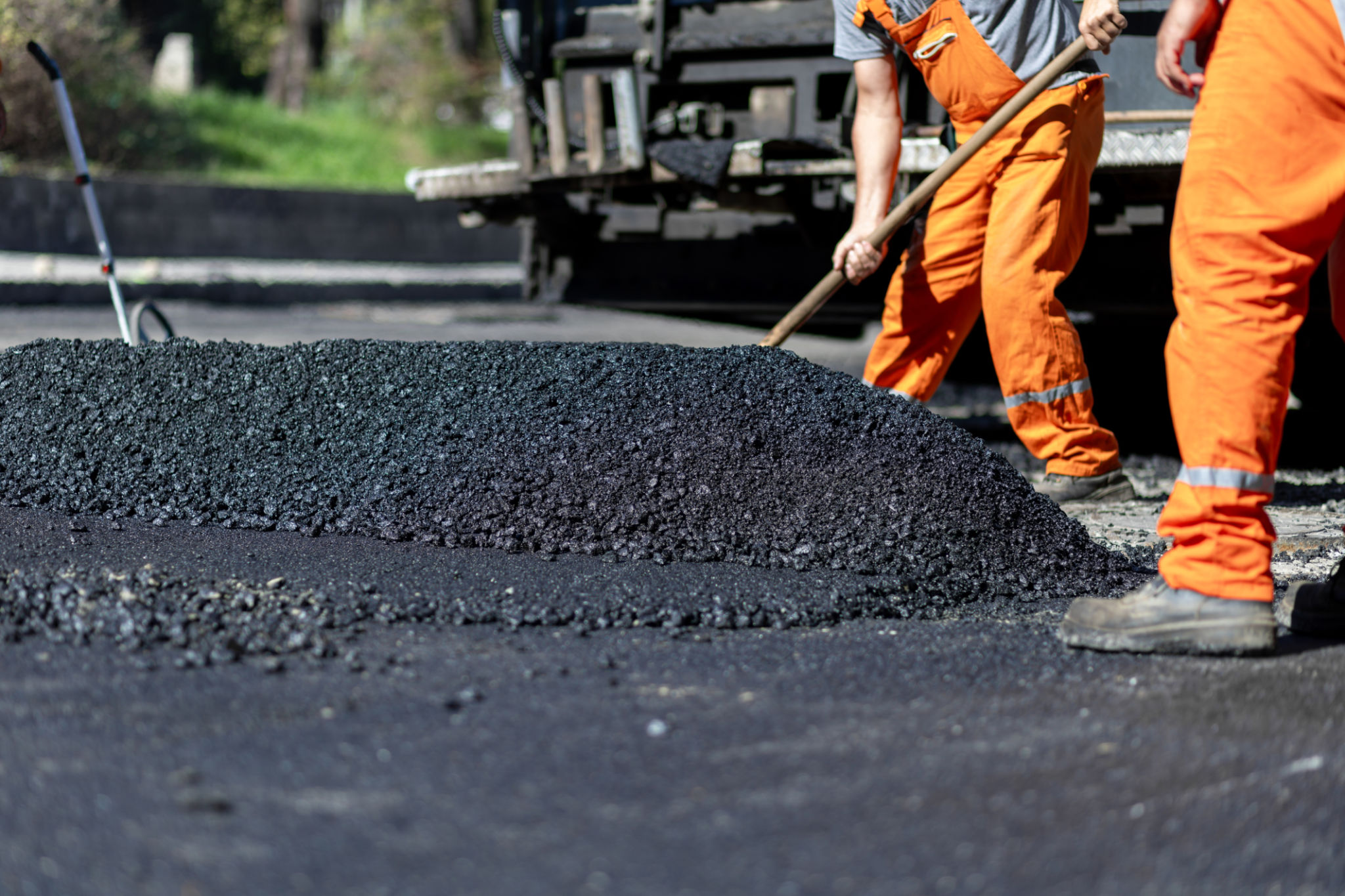Common Myths About Asphalt Paving Debunked
Understanding Asphalt Paving
Asphalt paving is a common choice for roads, driveways, and parking lots due to its durability and cost-effectiveness. However, there are several myths surrounding asphalt that can lead to misconceptions about its use and maintenance. By debunking these myths, you can make more informed decisions about your paving projects.

Myth 1: Asphalt is Only for Highways
One prevalent myth is that asphalt is only suitable for highways and large commercial applications. In reality, asphalt is an adaptable material that works well for a variety of surfaces, including residential driveways, walkways, and even recreational courts. Its versatility is one of the primary reasons it is so widely used in both residential and commercial settings.
Apart from its adaptability, asphalt is also favored for its smooth finish, which provides a comfortable driving experience and reduces wear and tear on vehicles. This makes it an excellent choice for smaller projects that require a reliable and aesthetically pleasing surface.
Myth 2: Asphalt is Not Environmentally Friendly
Another common myth is that asphalt is harmful to the environment. In truth, asphalt is one of the most recycled materials in the world. Used asphalt can be reclaimed and reused, reducing the need for new materials and minimizing environmental impact. This recycling process not only conserves resources but also saves money, making asphalt a sustainable choice for paving.

Additionally, advances in technology have led to the development of environmentally friendly asphalt mixes that further reduce emissions during production and installation. These innovations continue to improve the sustainability of asphalt paving.
Myth 3: Asphalt Requires Constant Maintenance
There is a misconception that asphalt surfaces require frequent maintenance. While it is true that asphalt benefits from regular care, such as seal coating and crack filling, it does not demand constant attention. Properly installed and maintained asphalt can last for decades, providing a long-lasting surface with relatively low upkeep.
Routine maintenance not only extends the life of the pavement but also enhances its appearance and performance. By addressing minor issues early, you can prevent more significant problems, saving time and money in the long run.

Myth 4: Asphalt Cannot Withstand Extreme Weather
Some believe that asphalt is not suitable for areas with extreme weather conditions. However, asphalt is designed to withstand various climates, from freezing temperatures to scorching heat. In colder regions, asphalt's flexibility allows it to expand and contract without cracking, while in warmer areas, its dark color helps melt snow and ice quickly.
Proper installation techniques and the use of appropriate asphalt mixes ensure that the pavement can endure harsh weather conditions, making it a reliable choice for any climate.
Myth 5: Asphalt is Expensive
Cost is often a concern for homeowners and businesses considering paving options. While the initial cost of asphalt may seem high, it is generally more affordable than concrete and other alternatives when considering its longevity and low maintenance needs. The cost-effectiveness of asphalt makes it an attractive option for both small and large projects.
Furthermore, the rapid installation process of asphalt reduces labor costs and project timelines, leading to additional savings. When all factors are considered, asphalt proves to be not only an economical choice but also a practical one.
